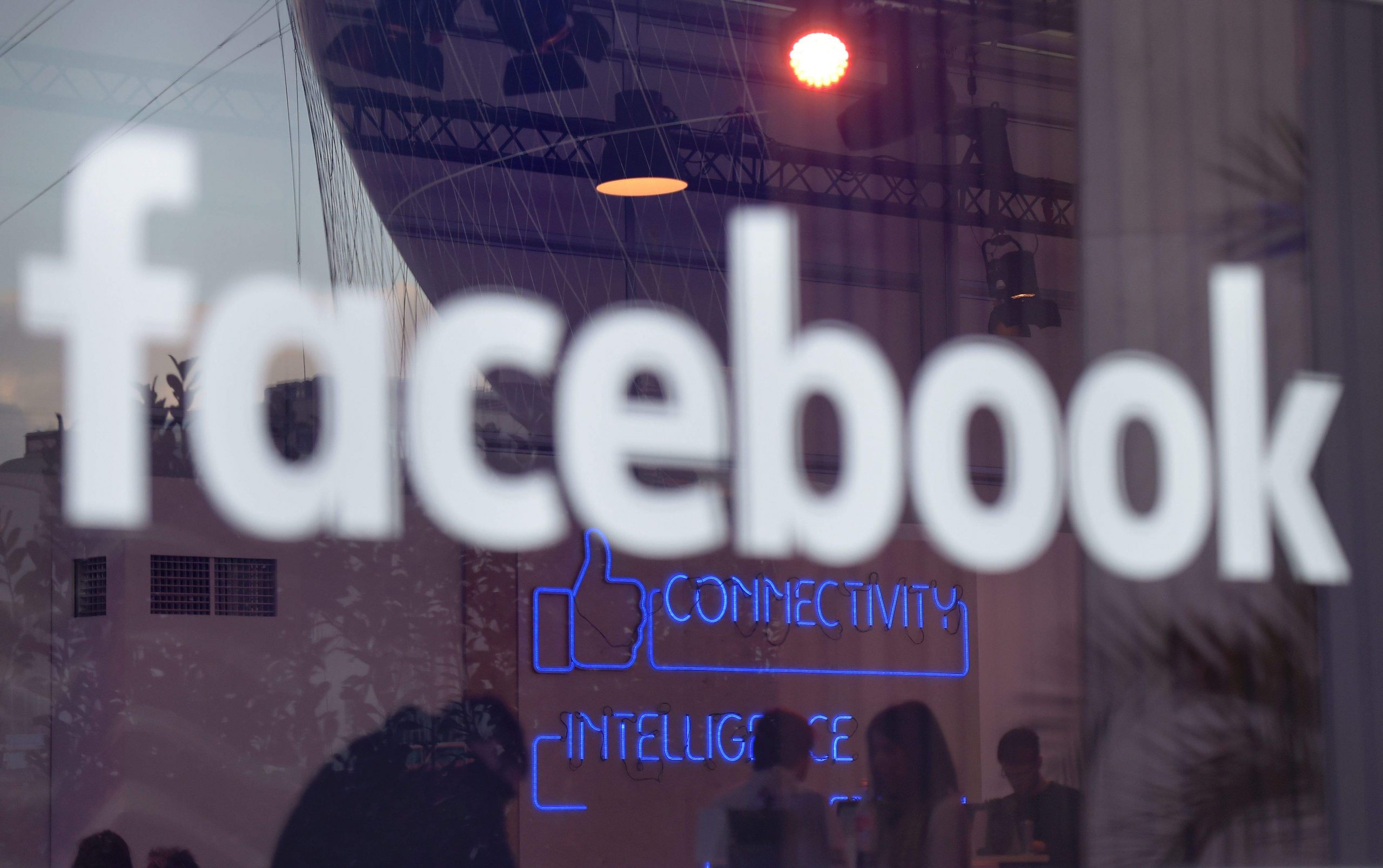
When it was announced that voters would have a whole extra day to register to vote in the EU referendum, thanks to the Gov.uk site crashing under the weight of last minute signups, the Brexiteers were furious. Why? Because the majority of these late signees were young.
According to Gov.uk, more than 242,000 people applied to register to vote on Wednesday, the original last day of registration – and over half were under 35. According to YouGov polling, age and voting intention in this referendum are correlated to an almost extreme degree. If you’re under the age of 43, you’re more likely to vote Remain. If you’re older, you’re more likely to vote to Leave.
So really, it’s no wonder the Leave campaign was against the decision – another 100,000-odd young people signing up today is bad, bad news for leaving Europe. But if they’re angry with the government, they should also be angry with Facebook, which may have been responsible for at least as many signups among young people as an extra day of registration.

Voter registration by age group. Source: Gov.uk.
On Friday 3 May, the last Friday before applications for registration closed, Facebook ran an advert linking directly to the voter registration site for 24 hours, which displayed to anyone over the age of 17. The apparent results would put any doorstepper to shame: 186,000 people applied to register that day, of which around 120,000 were under the age of 34. The total registrations were almost double that of the days preceding.
It’s impossible to directly link these two facts, as Facebook isn’t releasing data about how many people engaged with its ad. However, a spokesperson tells me that during an equivalent voter registration campaign before the 2015 General Election, 15 million people saw the ad, and the Cabinet Office said that Facebook was one of the largest referrers to the site (which includes people posting the link on their own feeds). In the US, pro-voting campaigns have had similar positive effects.
So why is Facebook succeeding where so many other campaigns to engage young voters have failed?
A Pew Research Centre study in November 2012 concluded that, in the US at least, “Social media is a significant part of the process by which voters are talking about their ballot selections.” It found that 45 per cent of those who had been encouraged to vote by family or friends were 18-29 year olds, while less than 11 per cent were over 65.
This perhaps explains why Facebook’s voting reminders are interactive: it will tell you who of your friends have clicked the “I’ve voted” button on polling day (likely to be resurrected on 23 June), and goad you to do the same. Studies suggest that our politics and level of political engagement are actually extremely suggestible: a study conducted in Germany found that voting intention among far-right young people was strongly influenced by their friends. Twitter and Uber have also jumped on the bandwagon for the EU referendum; Uber with reminders to register and Twitter with a special election-themed neon tick emoji.
Meanwhile, Facebook (perhaps more than other social media sites) has been shown to create an “echo chamber” effect both through your own curation of friends and pages, and its algorithm: you choose to see more of what you already like and believe, and Facebook facilitates that by boosting things it thinks you will respond to positively. As a result, it’s a very politicised space, and political posts by people you follow or are “friends” with are likely to play well with you; especially if they’re as simple as “go out and vote”.
This plays into the strange new identity of voting as an activity that needs to be marketed and “sold” to voters, despite the inherent privacy involved in actually doing it. At the 2015 General Election, voters were both instructed not to take selfies inside polling stations, and encouraged to take them with the “polling station” sign outside to encourage others to vote. VoteyMcVoteFace, the cringe-inducing campaign that asked young voters to take photos of their “voting face” and post them on social media, drew on the same effect.
As such, Facebook with its pro-voting agenda inhabits a strange political hinterland. It is never biased in either direction: when asked by a Facebook employee whether the site should try to prevent a Trump presidency, Mark Zuckerberg replied that it would make no sense to run a platform for billions of people with a political agenda – and I believe that he was telling the truth. An Atlantic piece on the spike in EU voter registrations acknowledges that “Facebook has no stated corporate position on the EU referendum”. (It’s worth noting, though, that Facebook would be breaking no laws if it chose a side in either of these debates and began suppressing certain content. Under the First Amendment in the US, where it is based, it can be as biased as it wants.)
Yet it encourages us to live inside a political bubble, and encourages further engagement with that bubble. Therefore, its demographics are key: these tools mean Facebook users may be more likely to register and vote than they otherwise would be, so if users skew in one direction or another, then Facebook could end up changing the result. As a result, its actions last week and on polling day, when it seems likely it will run another “Go vote” callout, could secure a Remain victory.
This article appears in the 14 Jun 2016 issue of the New Statesman, Britain on the brink



